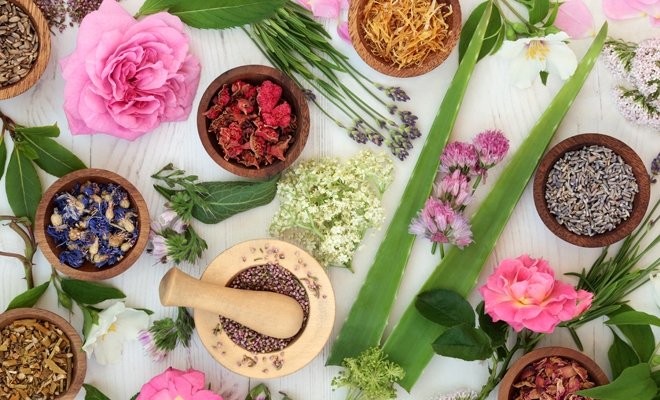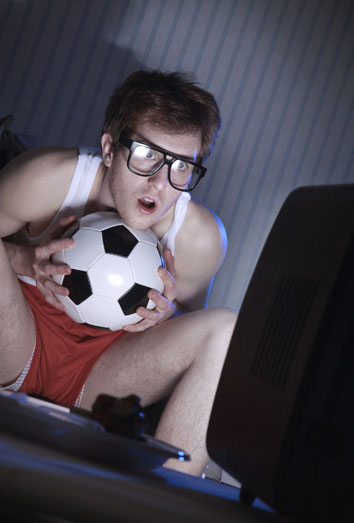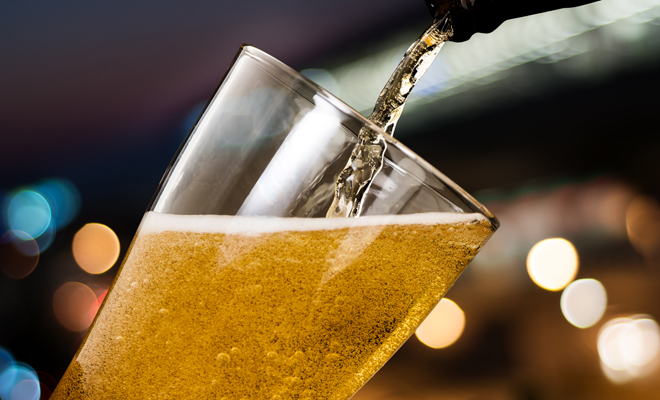Once again we are faced with anxiety, a problem that is becoming more frequent every day. On this occasion, we want to know the body language of anxiety, how to know if a person is anxious by their gestures. Or perhaps we recognize ourselves in that insecure way of walking, in that muscle stiffness and in those repetitive gestures that denotes a problem that must be treated as soon as possible. Pay attention to signs of anxiety in your body.

Anxiety shows in body language
Anxiety shows. When there is anxiety, it can manifest in the body with symptoms of hyperventilation, tachycardia, muscle tension, stiffness, heat, rocking or rapid and nervous movements, and this is when our sympathetic nervous system is activated. Or on the contrary, with hypo activation, shoulders collapsed forward and down, hunched back, slow or sleepy facial expression, very slow gestures, dejection… In these cases, the parasympathetic system has been activated. Your body language is the evidence of anxiety.
When walking…
Have you noticed that you walk differently? Anxiety reduces your self-confidence and your walking movements become more insecure, your steps less firm, you’re walking become doubtful.
In the trunk…
To the indecisive movement of your legs, the lack of firmness in the trunk is added. Your shoulders shrug and go forward like when it’s very cold in winter. This causes enormous tension and muscle stiffness in the back that usually translates into contractures.
In the face…
The stiffness is also noticeable in the face. The gesture is not relaxed, not even when you make the effort to smile and frown without realizing it because, after all, when you have anxiety it is because you are alert to the supposed danger.
In the eyes…
The look also shows anxiety, whether you keep it fixed with a lost look towards nowhere when you are alone or if you cannot look at your interlocutor for several seconds in a row. Your eyes tend to look down, to the ground, as if looking for a refuge or protection against the insecurity that creates an anxious state.
On hands and feet…
The restlessness that generates anxiety causes repetitive movements in the hands and feet. That constantly moving your feet when you’re sitting, touching your hair, rubbing your hands, compulsively biting a pencil or your own lips, touching your face and again hand in hand looking for relief that doesn’t come for that restlessness.
Hands sometimes stop, because anxiety sometimes sets aside nervousness to make you feel distrustful of the outside. For this reason, you may have your hands in your pockets when you talk to someone, because you don’t want to appear so vulnerable and because at the same time you don’t trust others.
In the most serious cases, anxiety leads to an Obsessive Compulsive Disorder that leads you to continually wash your hands. Many people have this type of OCD and its severity will depend on the degree and the time that it takes with this disorder.
In the arms…
Anxiety is often accompanied by fear, which is why you may find yourself with your arms crossed as if in a kind of hug to yourself. Whether you are interacting with someone or you are at home alone, it is common for your arms to cross, for you to grab an arm with one hand seeking protection from your fear.
In any case, pay attention to the body language of anxiety to discover if someone in your environment is anxious or if you yourself are beginning to suffer the effects of this disorder. And then act as soon as possible; don’t let anxiety settle in your life.






